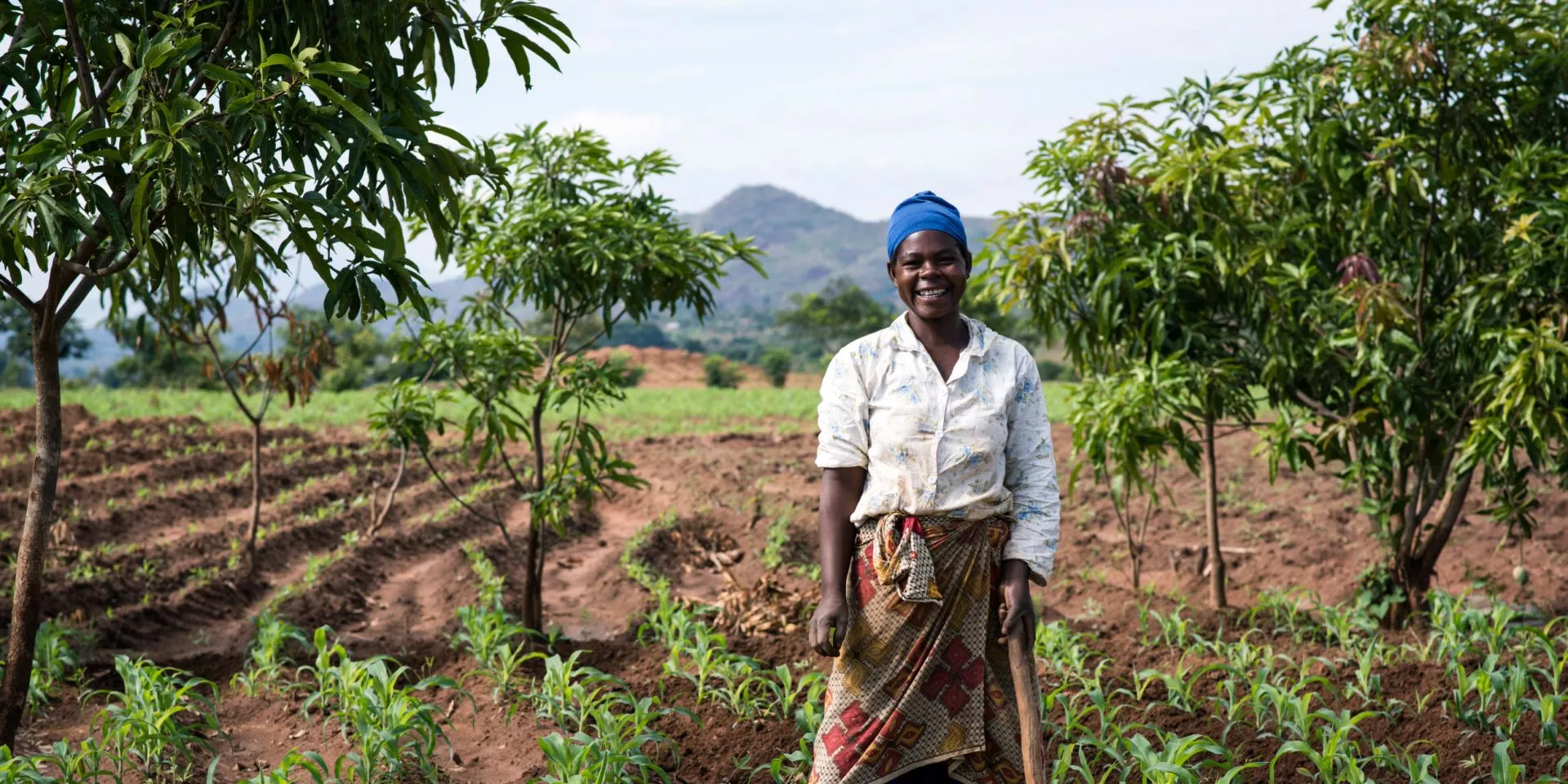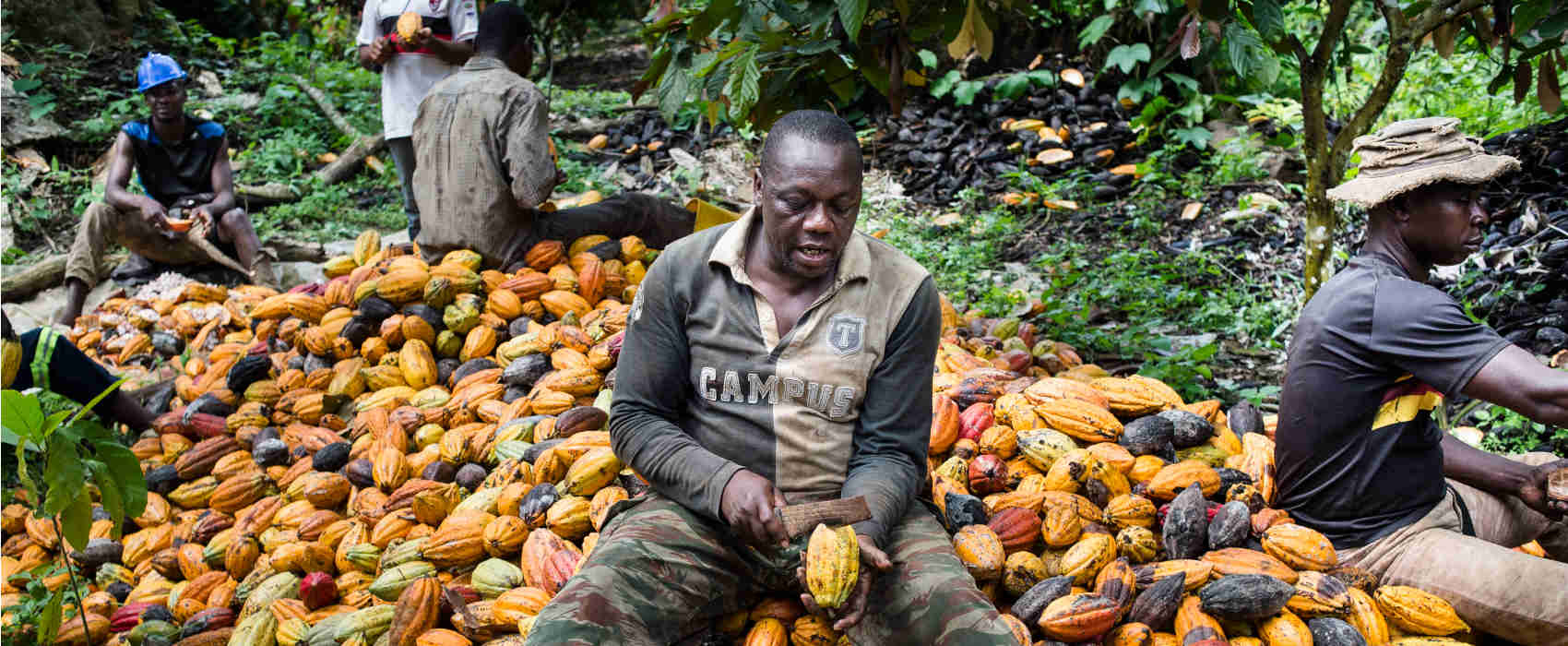Poverty Eradication Through Farming in Cameroon
In Cameroon, poverty remains a significant challenge, particularly in rural areas where livelihoods depend heavily on agriculture. Yet, within this challenge lies a powerful opportunity: farming can serve as a sustainable and inclusive path toward poverty eradication.
With over 70% of Cameroon’s population involved in agricultural activities, empowering smallholder farmers with the right tools, knowledge, and access can break the cycle of poverty and lay the foundation for long-term development.
The Reality of Rural Poverty
In regions like the South West Province—including Fako Division and towns such as Bota Limbe—many families rely on subsistence farming for survival. However, traditional farming methods, unpredictable weather, limited access to credit, and poor infrastructure often leave farmers vulnerable and economically stagnant.
Rural poverty in Cameroon is not merely about a lack of income; it is about limited opportunities. Children miss out on education because parents cannot afford school fees. Households experience food insecurity. Medical care becomes a luxury. These issues are deeply intertwined with the limitations of small-scale farming.
Farming as a Vehicle for Poverty Eradication
When supported and modernized, farming becomes a powerful force for economic empowerment. Here’s how agriculture can be used as a tool for lifting communities out of poverty:
1. Income Generation
Improved agricultural practices can significantly increase yields, giving farmers more to sell in local and regional markets. This income enables families to invest in education, healthcare, housing, and other basic needs.
2. Job Creation
Agriculture offers more than just fieldwork. It includes seed production, agro-processing, distribution, and marketing—each a potential source of employment. Involving youth and women in agribusiness initiatives expands local economies and reduces urban migration.
3. Food Security
With better farming techniques, communities can grow a wide variety of nutritious foods. Not only does this reduce malnutrition, but it also reduces dependence on imported food, keeping money circulating within local economies.
4. Skills and Empowerment
Training programs in sustainable agriculture, permaculture, organic farming, and climate-resilient techniques equip farmers with lifelong skills. Empowered farmers make better decisions, adopt innovation, and lead community-based development.
Challenges to Address
Despite the benefits, several barriers must be overcome:
-
Lack of access to financing for tools, fertilizers, and improved seeds.
-
Poor infrastructure, including roads, storage facilities, and irrigation systems.
-
Limited agricultural extension services to provide training and support.
-
Land ownership issues that prevent secure investments in land development.
Tackling these challenges requires collective efforts—from government policy reform to support from NGOs, private investors, and international partners.
What “Development for All” is Doing
As an NGO based in Bota Limbe, Development for All is committed to using farming as a key weapon in the fight against poverty. Our programs focus on:
-
Training farmers in climate-smart agriculture and agroecology.
-
Supporting women and youth through startup kits, microgrants, and mentorship.
-
Creating farmer cooperatives to help with bulk purchasing, storage, and sales.
-
Improving access to local markets through transportation support and networking.
-
Partnering with local leaders to promote land use rights and community farming projects.
By investing in farmers, we are investing in futures. Each successful harvest puts food on the table, income in pockets, and hope in hearts.
A Vision for the Future
Imagine a Cameroon where rural families thrive, where children go to school because farming pays enough to cover tuition, and where villages are known not for what they lack, but for what they grow. That vision is possible—and farming is the way forward.
Eradicating poverty is not about giving handouts. It’s about planting seeds—of knowledge, opportunity, and resilience. And when we cultivate those seeds through sustainable agriculture, we sow the foundation for lasting change.




